Monday, 22 April 2024
Menu
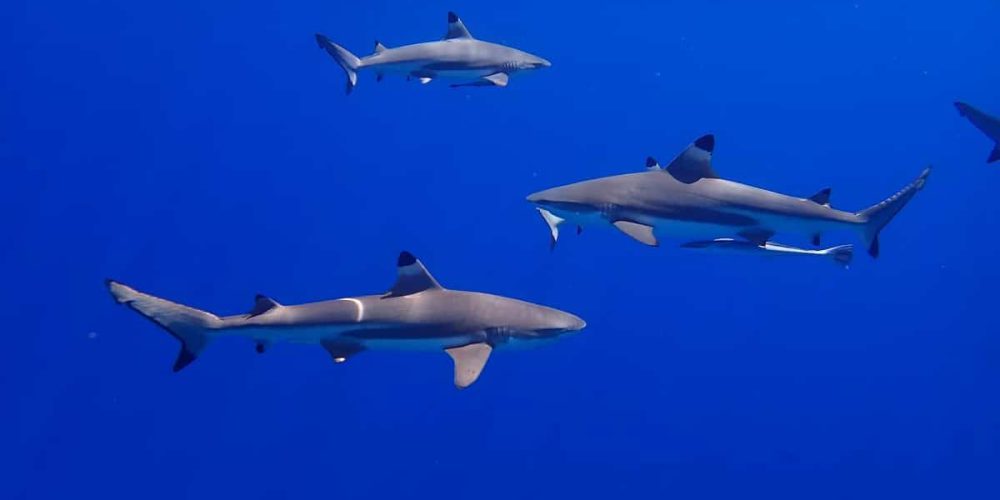
Several marine animals, including whales, dolphins, seals, seabirds, sea turtles, sharks, and other fish species, have been shown to ingest or get entangled in plastic waste. The interaction with plastic can jeopardize the animal’s lifespan and their ability to get access to their prey (Smith, 2018).
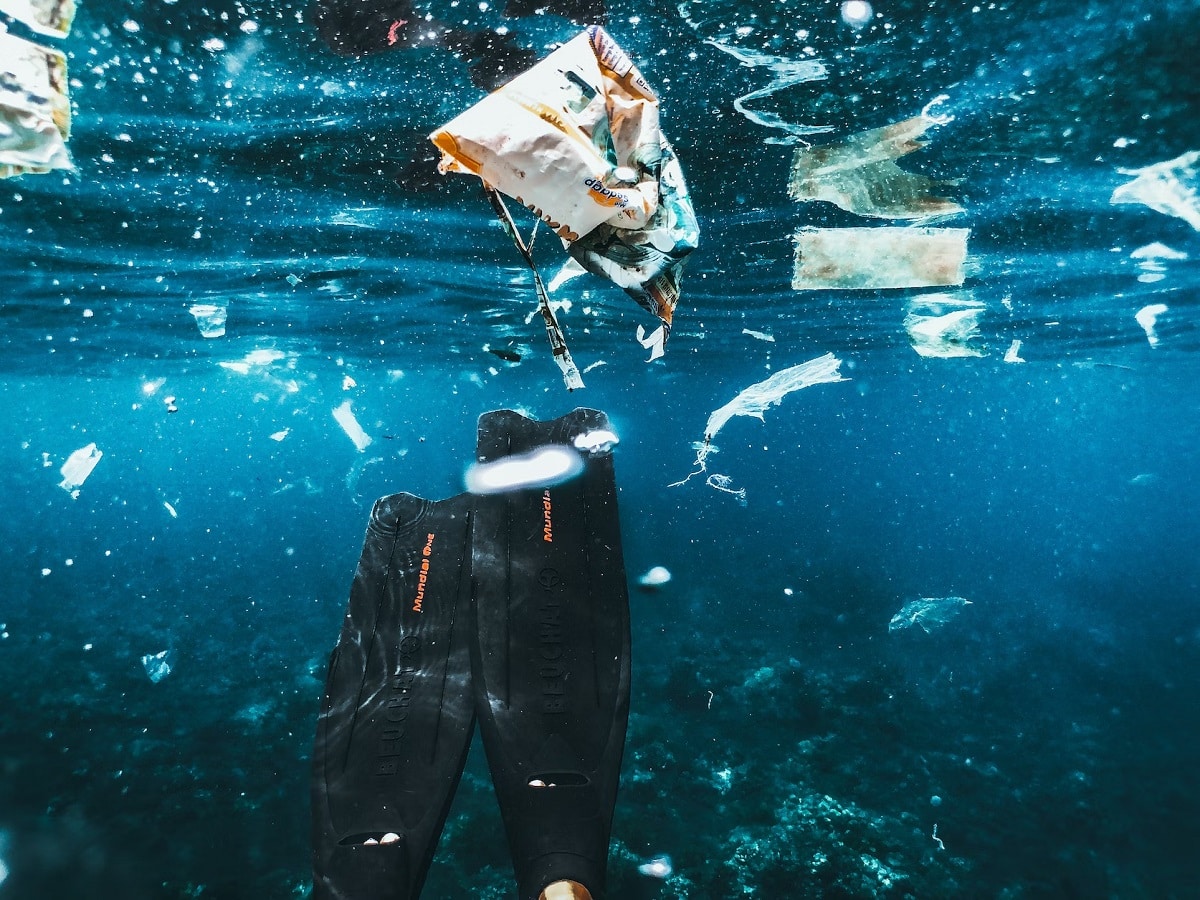
Litter deriving from anthropogenic activities can be found from the clearest shallow waters to the darkest deep waters (Valente et al., 2019). Not to mention that plastic can “live” in the oceans for several years and can keep threatening marine life for a long period of time (Mucientes et al., 2019).
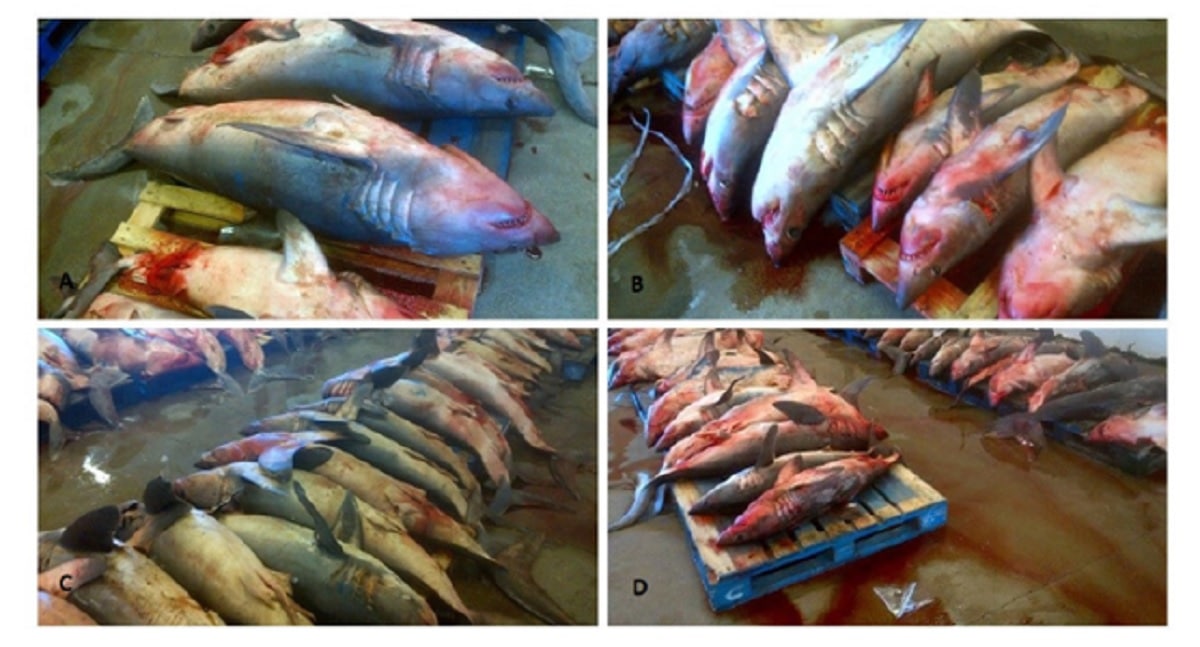
What about microplastics? Microplastics can have two different origins: primary (e.g. microbeads) and secondary (deriving from bigger pieces of plastic) (Scacco et al., 2022). Given the small size (<5mm) and large abundance, different marine organisms can ingest it. This can happen on purpose as plastic particles are mistaken for natural prey, by accident, through the consumption of a prey that already ingested microplastics (Valente et al., 2019), or through the gills (Zicarelli et al., 2023). Microplastics are either discarded or amassed in the gastrointestinal tract. Severe injuries, such as lacerations, can occur, and the animals can starve, and lose weight and appetite. In addition, growth and fecundity rates can be compromised (Valente et al., 2019; Maes et al., 2020).

Blue sharks are also victims of marine litter. Bernardini et al., 2018, studied the content of blue sharks from 1999 to 2015 in the Ligurian sea. They found that 25% of the analyzed sharks had plastic in their stomach. They mainly retrieved polyethylene plastic items.
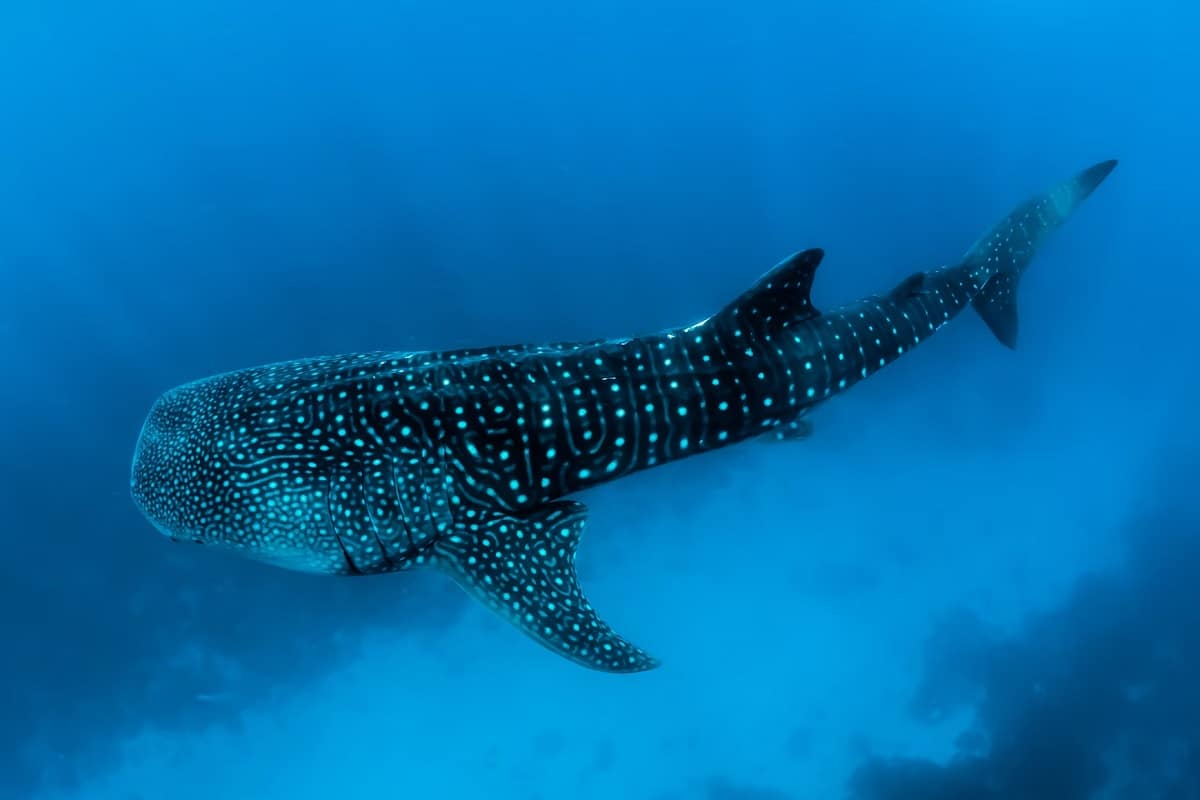
The biggest fish of the ocean is the whale shark (Fig. 5). This shark can reach 20 m of length and can be found in tropical and subtropical waters (Yong et al., 2021). This giant fish is a filter-feeder that can gulp thousands of cubic meters of water and collect krill, plankton, fish eggs, and unfortunately, microplastics (Sampaio et al., 2018; Yong et al., 2021).
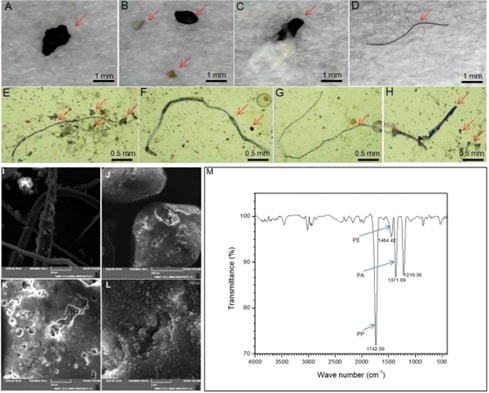
A study conducted by Zicarelli et al., 2023 showed that the blackmouth catshark (Galeus melastomus, Rafinesque, 1810) can accidentally feed on plastic. The items collected in the stomach of 302 sharks were fibers deriving from synthetic clothes. How did it end up in the sea in the first place? Probably because of washing machines water waste that reached the bottom of the sea.
It is a fact that sharks are threatened by overfishing, finning, climate change, habitat loss, ocean acidification, and plastic pollution. Sharks are important animals and we need them alive in order to keep the ocean healthy. A world without sharks is a world of chaos. As humans, we need to protect the oceans and their inhabitants. Their existence is our hope for a better and safer future.
Bernardini, I., Garibaldi, F., Canesi, L., Fossi, M. C., & Baini, M. (2018). First data on plastic ingestion by blue sharks (Prionace glauca) from the Ligurian Sea (North-Western Mediterranean Sea). Marine pollution bulletin, 135, 303-310.
Hsu, Y. J., Tsai, W. P., Chiang, W. C., Huang, C. C., Chien, H. W., & Lee, M. (2021). Incidence of plastic ingestion by the shortfin mako, Isurus oxyrinchus, off the northeast coast of Taiwan. Marine Pollution Bulletin, 172, 112820.
Janardhanam, M., Sivakumar, P., Srinivasan, G., Sivakumar, R., Marcus, P. N., Balasubramaniam, S., … & Harikrishnan, T. (2022). Microplastics in demersal sharks from the southeast Indian coastal region. Frontiers in Marine Science, 9, 914391.
Maes, T., van Diemen de Jel, J., Vethaak, A. D., Desender, M., Bendall, V. A., Van Velzen, M., & Leslie, H. A. (2020). You are what you eat, microplastics in porbeagle sharks from the North East Atlantic: method development and analysis in spiral valve content and tissue. Frontiers in Marine Science, 7, 273.
Mucientes, G., & Queiroz, N. (2019). Presence of plastic debris and retained fishing hooks in oceanic sharks. Marine Pollution Bulletin, 143, 6-11.
Sampaio, C. L., Leite, L., Reis-Filho, J. A., Loiola, M., Miranda, R. J., de Anchieta CC Nunes, J., & Macena, B. C. (2018). New insights into whale shark Rhincodon typus diet in Brazil: an observation of ram filter-feeding on crab larvae and analysis of stomach contents from the first stranding in Bahia state. Environmental Biology of Fishes, 101, 1285-1293.
Scacco, U., Mancini, E., Marcucci, F., & Tiralongo, F. (2022). Microplastics in the deep: comparing dietary and plastic ingestion data between two Mediterranean bathyal opportunistic feeder species, Galeus melastomus, Rafinesque, 1810 and Coelorinchus caelorhincus (Risso, 1810), through stomach content analysis. Journal of Marine Science and Engineering, 10(5), 624.
Smith, L. E. (2018). Plastic ingestion by Scyliorhinus canicula trawl captured in the North Sea. Marine pollution bulletin, 130, 6-7.
Valente, T., Sbrana, A., Scacco, U., Jacomini, C., Bianchi, J., Palazzo, L., … & Matiddi, M. (2019). Exploring microplastic ingestion by three deep-water elasmobranch species: A case study from the Tyrrhenian Sea. Environmental Pollution, 253, 342-350.
Yong, M. M. H., Leistenschneider, C., Miranda, J. A., Paler, M. K., Legaspi, C., Germanov, E., … & Erni-Cassola, G. (2021). Microplastics in fecal samples of whale sharks (Rhincodon typus) and from surface water in the Philippines. Microplastics and Nanoplastics, 1(1), 1-9.
Head Photo: 8 Blacktip reef sharks (Carcharhinus melanopterus, Quoy & Gaimard, 1824)/Thomas Borb on Unsplash

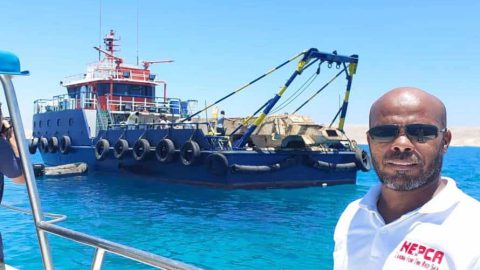
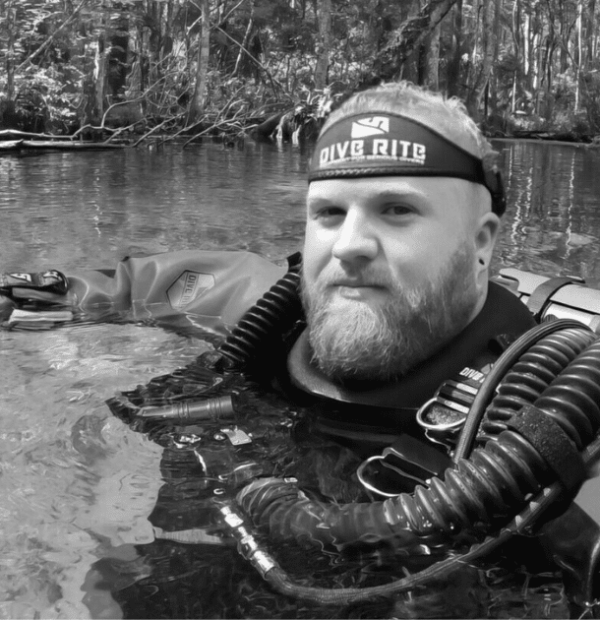

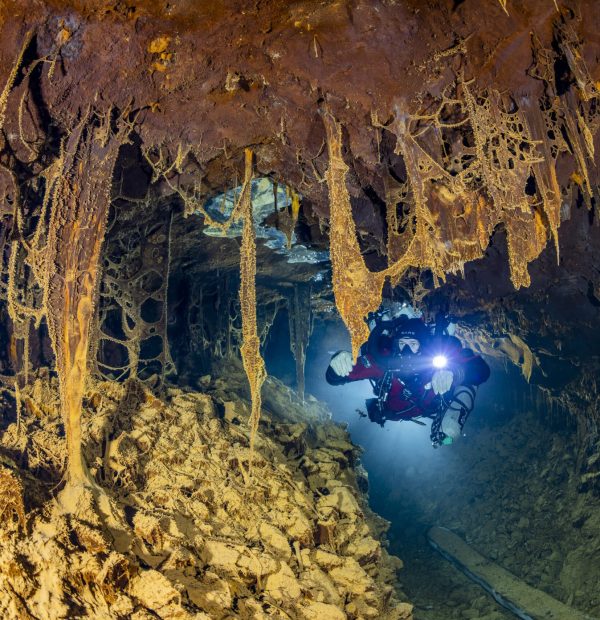
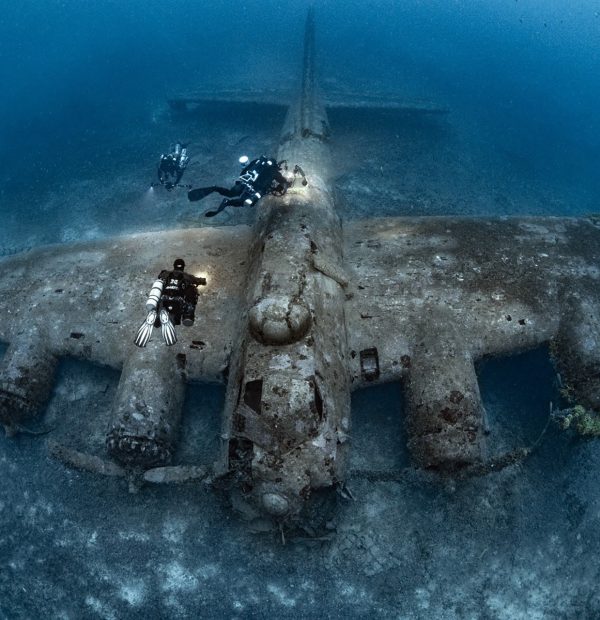
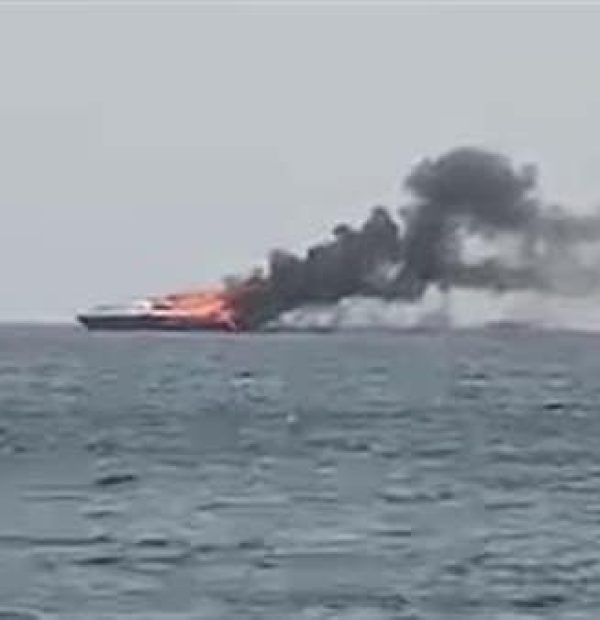
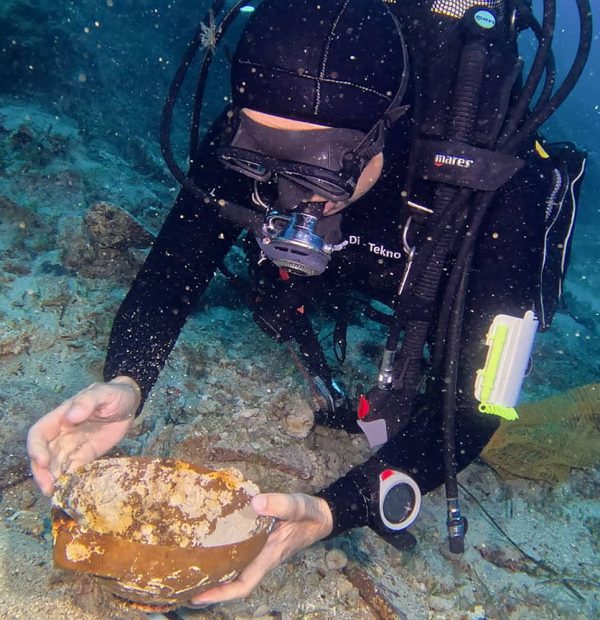
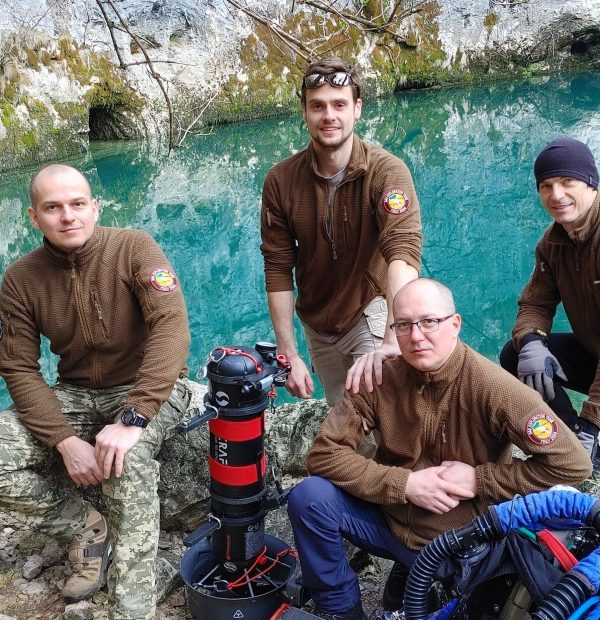

Welcome to DIVERS24.COM, your daily source of scuba news, freediving, scuba diving information, and equipment reviews. Our comprehensive coverage of the dive industry from A to Z provides you with all the latest scuba news, training updates, underwater photography tips, and everything else related to scuba diving. Whether you’re a beginner or an experienced diver looking for more knowledge about scuba gear or techniques – we’ve got it covered! With our in-depth articles written by experienced divers who have been there and done that, you are sure to find exactly what you need here at Divers24.com. Dive into scuba news today!
Underwater Media Sp. z o.o.
Szafarnia 11/F8,
80-755 Gdansk, Poland
Welcome to DIVERS24.COM, your daily source of scuba news, freediving, and scuba diving information. Sign in for a weekly news update and discount coupons for dive gear and apparel.
@2023 - underwatermedia.pl. All Right Reserved. Designed and Developed by Tworzenie stron internetowych Gdansk

The Divers24 portal is currently the largest online medium treating diving in Poland. Since 2010 we have been providing interesting and important information from Poland and around the world on all forms of diving and related activities.
Contact us: info@divers24.com